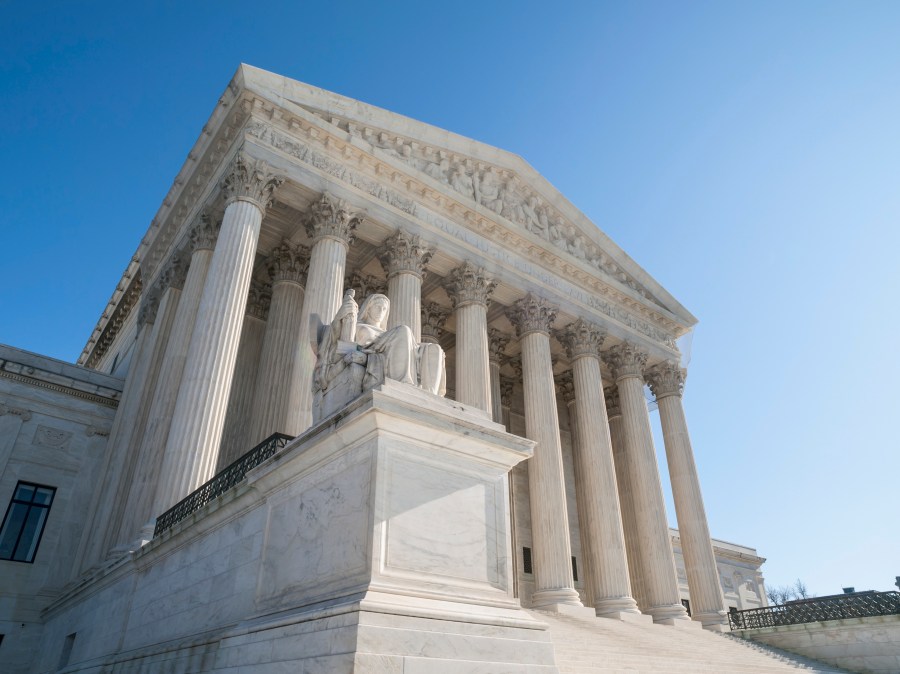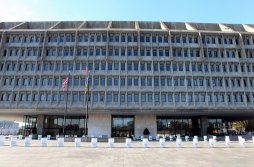Supreme Court temporarily halts orders directing DOGE document production

The Supreme Court temporarily stayed two lower court orders Friday that mandated the production of documents and other information from the Department of Government Efficiency.
In a brief order from Chief Justice John Roberts, the high court stayed the discovery process in the public records lawsuit against DOGE pending another order by the court.
The now-stayed orders from Judge Christopher Cooper of the U.S. District Court for the District of Columbia had granted an expedited discovery schedule that required DOGE to turn over information about its inner workings and have its administrator, Amy Gleason, give a deposition.
The decision, for now, allows the Trump administration to withhold information about the Elon Musk-associated efficiency arm while the justices review the government’s appeal. On Wednesday, Solicitor General D. John Sauer asked the high court for emergency relief in the case, arguing that Cooper’s decision turned the Freedom of Information Act “on its head.”
At the heart of the case, which was brought by the government watchdog nonprofit Citizens for Responsibility and Ethics in Washington, is the question of whether DOGE constitutes an “agency” for the purposes of FOIA.
While the administration says that DOGE is exempt from public records laws as a presidential advisory body, the nonprofit argues that the efficiency team has wielded “substantial independent authority” and as such is subject to FOIA and the Federal Records Act, which requires preservation of records.
The discovery Cooper granted was to help make the determination whether DOGE is an agency. The administration initially appealed that ruling to the D.C. Circuit and a panel of that court stayed the ruling temporarily, but a second panel ultimately denied the government’s appeal.
In the administration’s request for emergency relief earlier this week, Sauer called the discovery “sweeping” and “intrusive” and asked the justices to issue an administrative stay on Cooper’s orders while the litigation moves forward.






